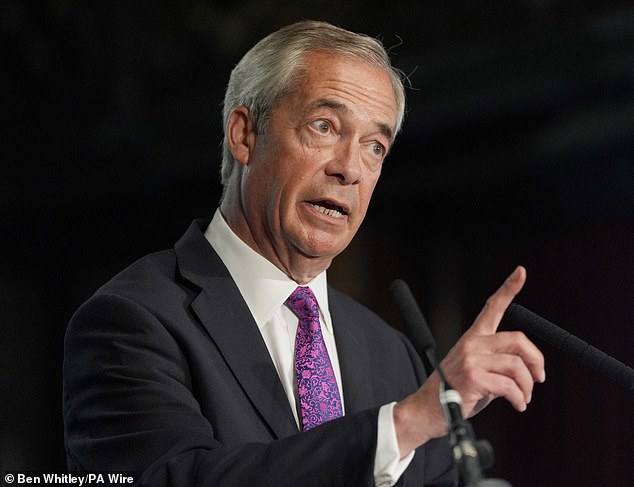[ad_1]
As a public figure, the governor of the Bank of England Andrew Bailey receives most attention from consumers and businesses alike for his role in setting interest rates.
Critical as that is to national wellbeing, it has long been my belief that Bailey is more comfortable with the Bank’s other, less discussed role of maintaining financial stability.
Bailey was first to the battlements in his early days in office in March 2020 as the pandemic shut down Britain and much of the world.
Bond markets in New York were in panic, and the Bank, led first by Mark Carney and then Bailey, moved to calm events.
A currency swap deal with the US was activated, interest rates were cut to the bone and more money printing, through quantitative easing, was authorised.
Bailey passionately urged government to take steps to prevent scarring to the economy. He was also at the tiller in the autumn of 2022 when Liz Truss’s tax-cutting mini Budget sparked a run on the pound and a sudden retreat from British government bonds. The scale and suddenness of the move caused ructions for pension funds which had used derivative products to gamble on returns.

Credible challenge: Nigel Farage’s Reform UK has led the other parties in 65 consecutive polls
The episode had threatened, without Bailey’s intervention, to cause a cascade of financial collapses among banks who had provided credit for the trades. The Bank of England became a butt of criticism, not least on these pages.
Its twice-yearly Financial Stability Report had in the past warned of the potential danger of liability driven-investment products (LDIs) but neither the Bank nor the Pensions Regulator addressed the matter.
It is one thing for the Financial Stability Committee to identify and warn of dangers to the financial system, but quite another to tackle a weakness and close it down.
Bailey was in the Bank’s engine room in the Great Financial Crisis of 2008, so has vast experience of dealing with fractures in the financial system and knows how rapidly contagion takes place.
All this experience tells him that Chancellor Rachel Reeves’ efforts to encourage growth, by deregulating the City, could be a huge error. It is a reminder of the light touch regulation in the run-up to the collapse of Northern Rock in 2007 and the crisis which followed. Readers of this month’s Financial Stability document would find few clues to what Bailey believes is the most acute concern at present. It is not Trump tariffs or the present Government’s borrowing needs, as serious as they may be.
The governor’s biggest worry is political uncertainty. It may seem mad to think that this should be the case given Labour’s vast Commons majority and four more years in office.
The significant statistic is that Nigel Farage’s Reform UK has led the other parties in 65 consecutive polls.
And the present kerfuffles in Epping and the record small boat arrivals in a long hot summer make the potential for a Farage journey to Downing Street ever more credible.
Bailey and the independent Bank never indulge in party politics. But for the governor, pound sterling, the bond markets and the whole stability of the financial system, the number one threat is a big-spending populist released into Downing Street.
Reach for the safety straps.
DIY INVESTING PLATFORMS

AJ Bell

AJ Bell
Easy investing and ready-made portfolios

Hargreaves Lansdown

Hargreaves Lansdown
Free fund dealing and investment ideas

interactive investor

interactive investor
Flat-fee investing from £4.99 per month

InvestEngine

InvestEngine
Account and trading fee-free ETF investing
Trading 212
Trading 212
Free share dealing and no account fee
Affiliate links: If you take out a product This is Money may earn a commission. These deals are chosen by our editorial team, as we think they are worth highlighting. This does not affect our editorial independence.
[ad_2]
This article was originally published by a www.dailymail.co.uk . Read the Original article here. .

